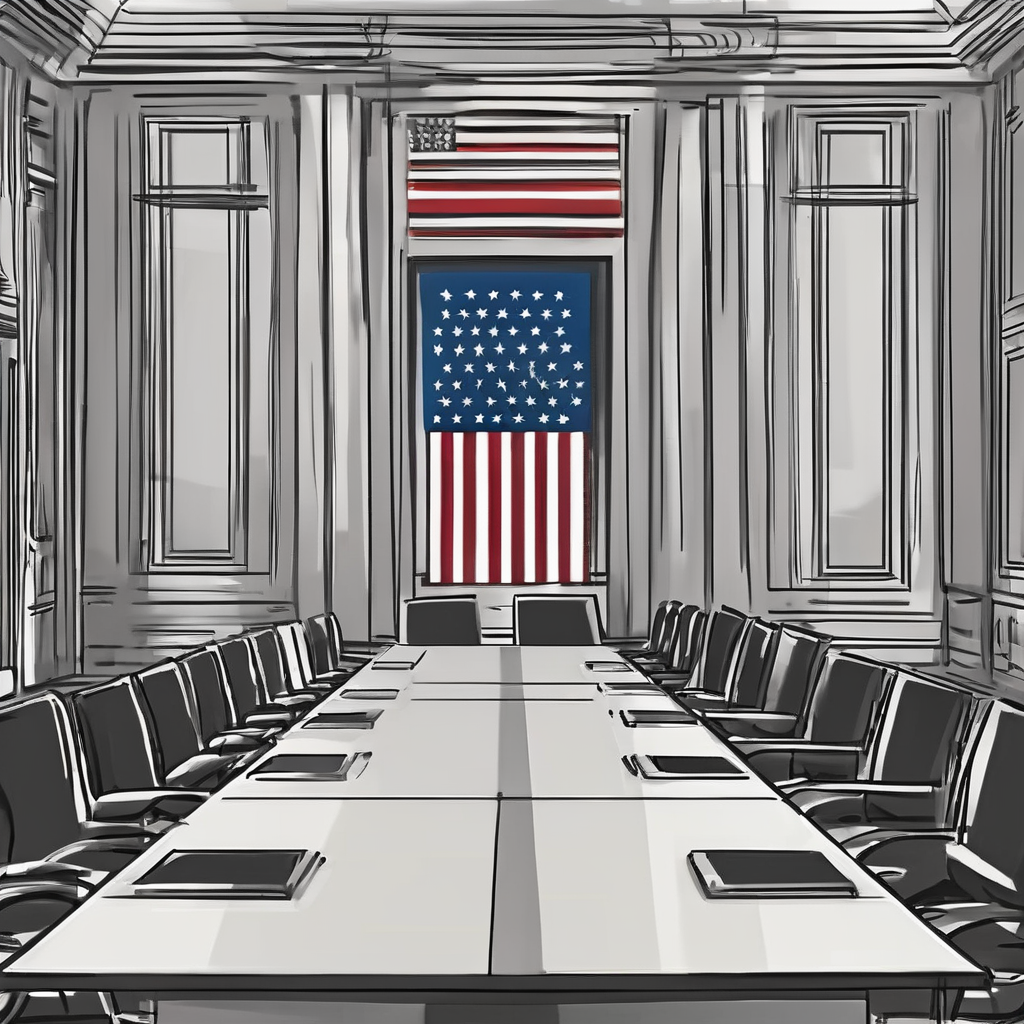Congress is edging perilously close to a federal government shutdown, with both Democrats and Republicans holding firm on their respective demands and showing little inclination to find common ground. Democrats have asserted that they will not support any measure to extend government funding beyond the September 30 deadline unless Republicans are willing to negotiate on health care issues. Conversely, Republicans, maintaining a majority in the Senate, are reluctant to alter their position and need Democratic support to pass the necessary funding legislation.
The situation is further complicated by President Donald Trump’s recent actions, including canceling a meeting with Democratic congressional leaders, which has further strained relations and reduced the likelihood of a compromise. Trump has publicly stated that any shutdown would be the fault of the Democrats, while Republicans criticize Democratic demands as unreasonable, particularly relating to Medicaid and Affordable Care Act (ACA) subsidies.
The Senate is expected to address the funding issue with a proposed bill, but the previous version failed to pass due to Democratic opposition. The pressure is mounting, as any shutdown would have widespread impacts and neither party wants to bear the full brunt of public blame. Nonetheless, with time running out, it remains uncertain how the standoff will be resolved.
Senate Minority Leader Chuck Schumer has been vocal that Democrats are prepared to stand firm, especially since their support is crucial for any funding bill to advance. Some Democrats are suggesting potential compromises, such as extending ACA subsidies in exchange for greenlighting the funding measure put forward by Republicans. This reflects a desire to avoid a shutdown while addressing critical health care concerns.
Adding to the complexity, internal Republican actions, such as the move to rescind previously approved foreign aid, have added to Democratic distrust, complicating negotiations. The Democrats’ push for ACA subsidy extensions is significant, with warnings that many Americans could lose coverage if provisions are not addressed.
The potential government shutdown has prompted legislative reactions, with proposals to protect federal employees from being fired during a shutdown and ensure their reinstatement. Both parties are intensifying their rhetoric as the deadline looms, each hoping to persuade the public that the other is at fault.
Ultimately, the outcome depends on the willingness of both parties to make concessions and the capacity of their leaders to negotiate a workable compromise. As the deadline nears, the pressure amplifies, but avenues for agreement remain open if both sides choose to engage in meaningful dialogue.
